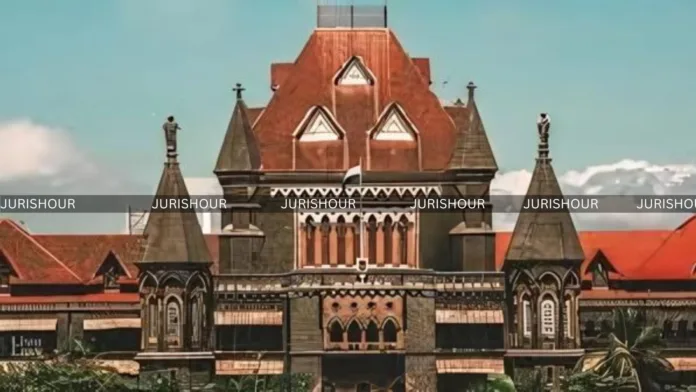The Bombay High Court has held that the Income Tax Appellate Tribunal (ITAT) cannot summarily dismiss the appeal for default of appearance.
The bench of Justice G. S. Kulkarni and Justice Advait M. Sethna has observed that the appellate tribunal was bound to give a proper decision on question of fact as well as law, which can only be done if the appeal is disposed off on merits and not dismissed owing to the absence of the appellant.
The petitioner/assessee is a 64 years old retired serviceman, who earned income primarily from salary for the relevant assessment year being Assessment Year 2019-2020. He was then an employee of M/s. Pfizer Healthcare India Pvt. Ltd. posted at Aurangabad from where he derived his salary income.
The petitioner filed his original income tax returns (ITR) for the A.Y. 2019-20 on 1 August 2019 declaring a total income of Rs.57,84,740. The petitioner had claimed relief under section 89(1) of the Income Tax Act for an amount of Rs.13,22,187.
Subsequently, the petitioner’s case was selected for scrutiny under Computer Assessed Scrutiny Selection (CASS). A notice under section 143(2) of the Income Tax Act was issued to the petitioner, followed by notice issued under section 142(1) of the Income Tax Act, calling for details and documents. In response to such notices, the petitioner submitted copies of computation of income, Form 26AS, Form 16, Form 10E along with other supporting documents.
The petitioner approached ITAT, Pune, by filing an appeal in Form 36 under section 253 of the IT Act read with rule 47(1) of the IT Rules. The petitioner supported his case on the grounds set out in the appeal memo.
The appeal filed by the petitioner was listed for hearing on 11 March 2024 before the Division Bench of ITAT, Pune. The petitioner’s advocate submitted that the matter was required to be remanded to the NFAC, on the ground that the order of the NFAC was an ex-parte order, as it was passed in absence of a hearing being granted to the petitioner/his representative.
The petitioner’s CA also filed an affidavit in this regard. The ITAT rejected the petitioner’s prayer to remand the matter to NFAC and insisted on hearing the appeal on merits. The petitioner’s advocate then requested for a short adjournment, so that a paper book could be submitted. However, such a request was denied.
The petitioner’s advocate then requested the ITAT to grant one day’s time to submit such paper book and to take up appeal for hearing on merits on the next date. Such a request was also rejected by the ITAT. The petitioner’s advocate was directed to submit written submissions and paper books on the basis of which, the ITAT would pass appropriate orders. The petitioner through his legal representative accordingly submitted written submissions, along with the paper book and case laws on 12 March 2024, before the ITAT.
The ITAT proceeded to pass the order, a copy of which was received by the petitioner by email.
The court held that Article 14 guarantees a right of hearing to a person who is adversely affected by an administrative order. The principle of audi alteram partem is a part of Article 14 of the Constitution of India. In light of such decision, the petitioner ought to have been granted an opportunity of being heard which partakes the characteristic of the fundamental right under Article 14 of the Constitution of India.
The court remanded the proceedings to the ITAT 1 for de novo hearing of the petitioner’s appeal filed before it.
Case Details
Case Title: Vijay Shrinivasrao Kulkarni Versus Income Tax Appellate Tribunal, Pune Bench
Case No.: Writ Petition No. 17572 Of 2024
Date: 4/02/2025
Counsel For Appellant: Sanket S. Bora
Counsel For Respondent: A.K. Saxena
Read More: CBI Registers Case Against Dy. Commissioner, 2 Income Tax Inspectors, 5 CAs On Allegations Of Trying To Sabotage Faceless Scheme





